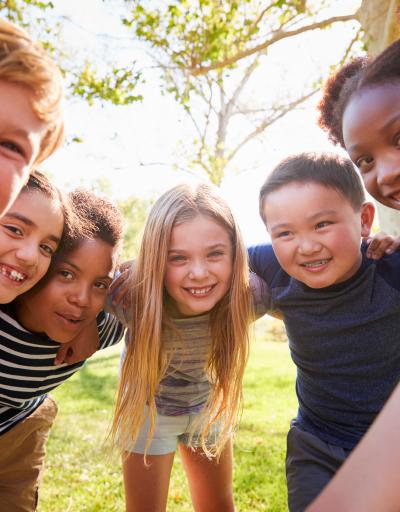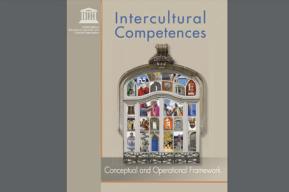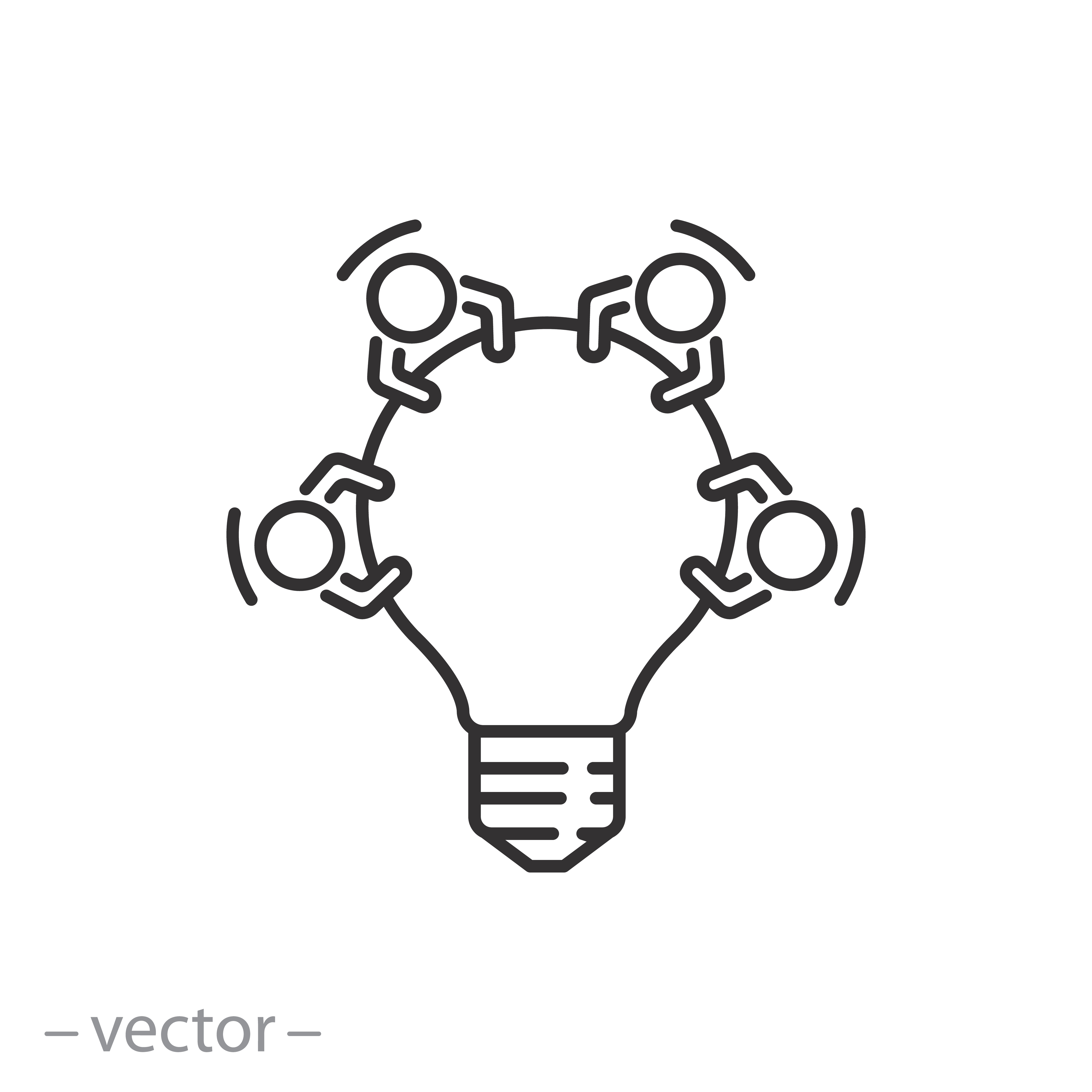
Welcome to UNESCO's e-Platform on Intercultural Dialogue

UNESCO's e-Platform on Intercultural Dialogue
UNESCO's e-Platform on Intercultural Dialogue (ICD) is a destination for audiences that want to learn from shared knowledge and experiences, or simply connect with one another to collaborate and exchange ideas. The platform’s international reach supports strong, diverse networks and showcases global achievements with Intercultural Dialogue through the good practices.

FAQ
Your questions answered. We assembled some frequently asked questions to give you more information about what Intercultural Dialogue entails so that you can start to master the concept and join our community of practice. We also encourage you to explore our Concepts Glossary for a deeper understanding of Intercultural Dialogue's drivers and barriers.
Intercultural Dialogue offers an opportunity for engagement for participants who are committed to global values and are willing to consider different perspectives. Intercultural Dialogue can contribute to increased acceptance of others, satisfying the goal of a peaceful coexistence between cultures and identities. To learn more, check out the knowledge hub which provides explanations on core concepts and publications.
- Creates a sense of belonging and fosters trust within a community
- Creates positive social relationships by guiding communities towards programs that benefit the well-being of all its members, while fighting exclusion, marginalisation, and inequalities
- Key instrument to involve and engage all audiences, “leaving no one behind”
- Helps find creative solutions to vital issues
To best understand the power of intercultural dialogue in our societies, browse through our Good Practices page to see how communities embrace differences in diverse settings.
Intercultural Dialogue can take many forms that are constantly evolving. They can be verbal or non-verbal, in-person or virtual, between two or more people, or between groups. They include intergroup dialogues, participation in cultural events or concerts, formal and informal education, structured mediation and debate, and interactive workshops. These types of events occur at all levels. At the community level, they can involve local civil society actors, community leaders and citizens, and at the national level they can involve the political and private sector, national civil society organizations and associations.
Intercultural dialogue, when supported by an enabling environment, has the capacity to achieve peace and develop sustainable societies as it can be implemented anywhere and remain effective. Through its capacity to support spaces and opportunities for dialogue it builds social cohesion and trust among diverse groups, upholds human rights, and contributes to conflict prevention and resolution. By going through UNESCO's e-Platform you will be able to witness these strengths and how diversity and Intercultural Dialogue can achieve the 2030 Agenda for Sustainable Development.
News
Latest publications
The first step in the UNESCO-IEP joint initiative to strengthen the evidence base on dialogue for peace and development. This elevates a dialogue as a connecting enabler of all pillars of UN action, accelerating progress towards the Sustainable Development Goals and making good on the promise of ‘leaving no one behind.’













